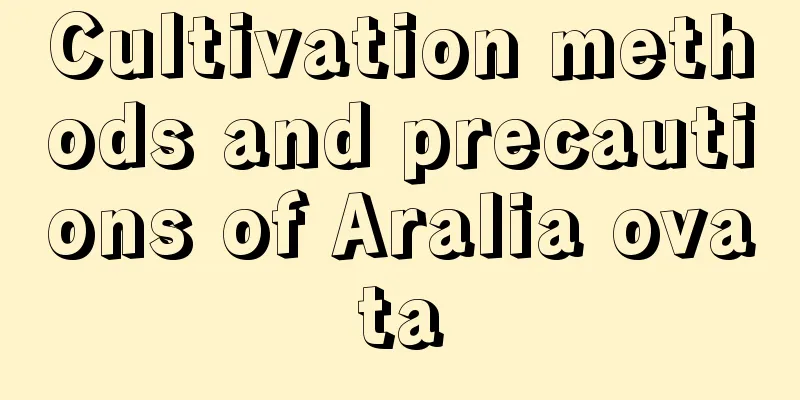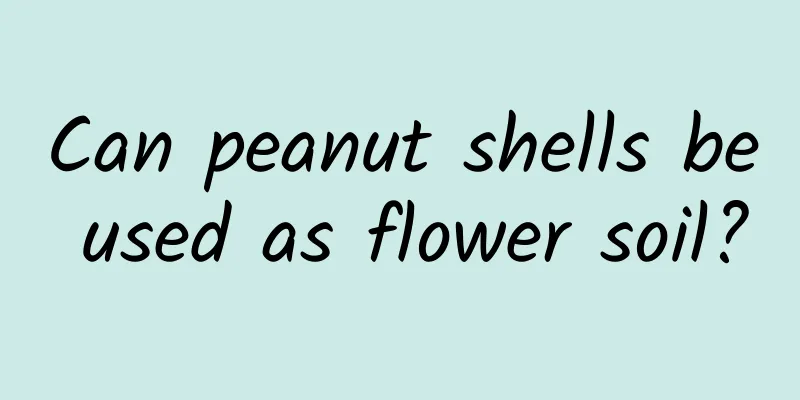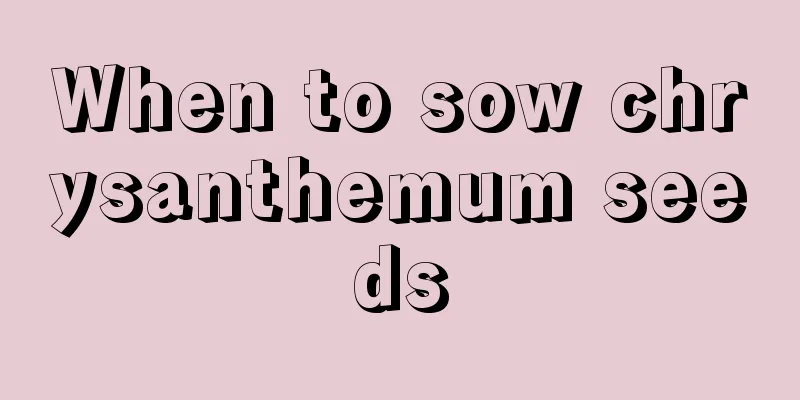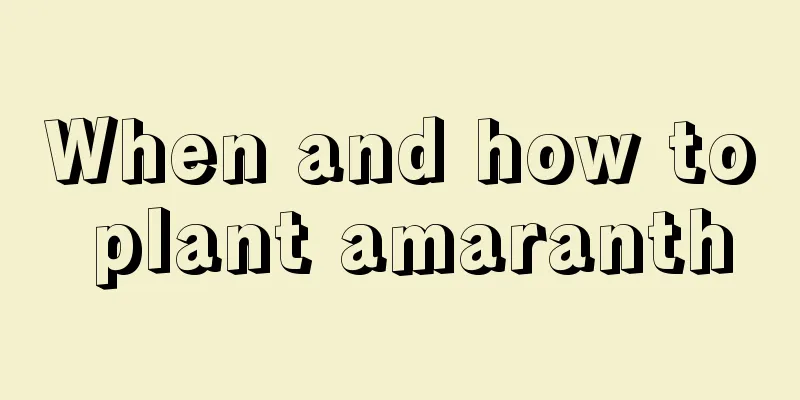Cultivation methods and precautions of Aralia ovata

How to grow Aralia ovataPot soil selectionDragon's Tooth Flower is a larger woody flower, so a larger flowerpot is needed for potted plants. The soil needs to be well-drained, fertile, and loose sandy loam. It does not require high fertility, but it cannot be too poor. Dragon's Tooth Flower will grow poorly in soil that is too poor or too dry. Light and temperatureDragon's Tooth Flower likes a growing environment with sufficient light. It can tolerate partial shade and it is best to give it about 5 hours of light a day. It likes warm climates, can withstand high temperatures, but has poor cold tolerance. The suitable temperature for the growth of Aralia dasyphylla is between 20℃ and 28℃. It needs to be kept warm in winter. If conditions permit, it can be placed in a greenhouse for the winter. Watering and fertilizingDragon Tooth Flower likes a humid environment, but not too waterlogged. Watering should be moderate. In the summer when the temperature is high and dry, watering should be increased to keep the soil moist. If necessary, you can spray water on the leaves. In the winter when the temperature is low, watering should be reduced, especially after being placed in the greenhouse. As for fertilization, you can apply fertilizer once every half a month during the growth period, and apply phosphorus and potassium fertilizers once or twice during the flowering period. After autumn, fertilization needs to be stopped. Precautions for the cultivation of AraliaRepottingAralia dasyphylla is a large plant that needs to be repotted as it grows. It is usually repotted every 2 to 3 years in the spring and can be combined with pruning. pruneThe dragon tooth flower can be pruned in spring, and the dead branches and long branches can be cut off to form more flower branches. Pruning can also be done in winter to ensure a better wintering. Pests and diseasesThe common diseases of Aralia dasyphylla are mainly root rot, wilt and anthracnose, and the common insect pests are mainly aphids and scale insects. If diseases occur, you can spray them with Bordeaux mixture or other pesticides to treat them. If pests occur, you can use pesticides or use more environmentally friendly homemade pesticides to kill the insects. |
<<: Cultivation methods and precautions of bulbous begonia
>>: The breeding methods and precautions of Yanlaihong
Recommend
Methods and precautions for propagation of fortune tree by cuttings
How to propagate the fortune tree by cuttings The...
The growth environment conditions and characteristics of Dripping Guanyin
The growth environment conditions and requirement...
Where is the best place to put cyclamen? Is it good to put it in the bedroom?
1. Where is the best place to place cyclamen? 1. ...
Difference Between French Beans and Lentils
1. Leaf Difference The leaves of green beans are ...
Chrysanthemum cultivation methods and precautions
Chrysanthemums generally prefer mild climatic con...
Cultivation methods and precautions of Oxalis triangularis
1. Soil It likes a shady and humid environment an...
How to grow lucky bamboo in half soil and half water
1. Breeding techniques 1. Pruning: Trim off the e...
How to propagate kelp
Layering propagation During the hot and humid sea...
The varieties and pictures of the succulent plant. The complete illustrations and names of the succulent plant varieties.
Echeveria is a succulent plant that everyone is v...
What is the value of money tree
The ornamental value of money tree Succulent plan...
The flower pot is too deep, what should I put at the bottom? (What should I put at the bottom of a deep pot?)
Large flowerpots are often used to plant potted p...
Where is ginger suitable for growing? What is the environment suitable for planting?
Where does ginger grow? Ginger prefers a warm and...
How to grow lotus in water? Can lotus be grown in soil?
1. Breeding methods 1. Adequate sunlight: The wat...
How to keep seeds of coriander? Where do seeds come from?
Where to get coriander seeds Coriander, also know...
Bonsai on fingertips is more valuable than orchids if well cared for
Making and maintaining thumb potted plants Thumb ...









